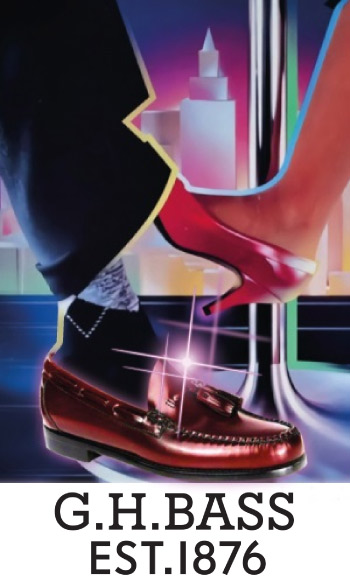
Search
Don't Cry Daddy

"Don't Cry Daddy" is a 1969 song recorded by Elvis Presley written by Mac Davis. The song was paired with "Rubberneckin'" and both peaked at number six in the United States Billboard Hot 100 chart in January 1970.
Concept
The song takes place in the mind of the husband of the wife and mother who is no longer present (it is not stated in the lyrics whether her absence is due to death, marital separation, divorce or abandonment). The characters are the father, one of his unnamed children, and a young child named Tommy. The unnamed child begs the father not to cry, saying they will find a new "mommy", and urges the father to play with the children as they did in happier times.
Background
The song was written by Scott Davis (also known as Mac Davis) and recorded by Elvis Presley on January 15 and 21, 1969 and released as a single. The rhythm track was laid down on 15 January and Elvis' vocal overdub on the 21 January. The song reached number 6 in the U.S. and number 8 in the UK Singles Chart. "Don't Cry Daddy" was Presley's first entry on the US Country chart in nine years.
Live recordings were made during his second season in Las Vegas during February 1970 and several of these have been released. However, during the dinner show at the International Hotel on August 13, 1970, he recorded a version that led seamlessly into "In the Ghetto".
Chart performance
Duet
In 1997, Lisa Marie Presley recorded a duet of "Don't Cry Daddy" and made a video of it, where she sings it with her father. This video was presented on August 16, 1997, at the tribute concert that marked the 20th anniversary of Elvis' death. The recording has Elvis' original vocal, to which new instrumentation and Lisa Marie's vocals were added. The studio version of this duet, however, was unreleased at that time.
References
External links
- Elvis fans' comments and feelings about "Don't Cry Daddy" song
Text submitted to CC-BY-SA license. Source: Don't Cry Daddy by Wikipedia (Historical)
Articles connexes
- Lisa Marie Presley
- Mac Davis
- Elvis Presley singles discography
- Elvis Presley
- Reggie Young
- Major Dodson
- Are You Lonesome Tonight?
- In the Ghetto
- Worldwide 50 Gold Award Hits Vol. 1
- From Elvis in Memphis
- Rubberneckin'
- Suspicious Minds
- Don't Be Cruel
- Ronnie Milsap
- Chameleon Jail
- Tutti Frutti (song)
- Jailhouse Rock (song)
- Kentucky Rain
- You Don't Have to Say You Love Me
- Change of Habit
Owlapps.net - since 2012 - Les chouettes applications du hibou




